YULI WANG
YULI WANG
Hi, I'm Yuli!
Hi, I'm Yuli!
I'm fond of
I'm fond of
I'm fond of
Knowledge
Belief
Probability
Heuristics
Meme
Knowledge
Belief
Probability
Heuristics
Meme
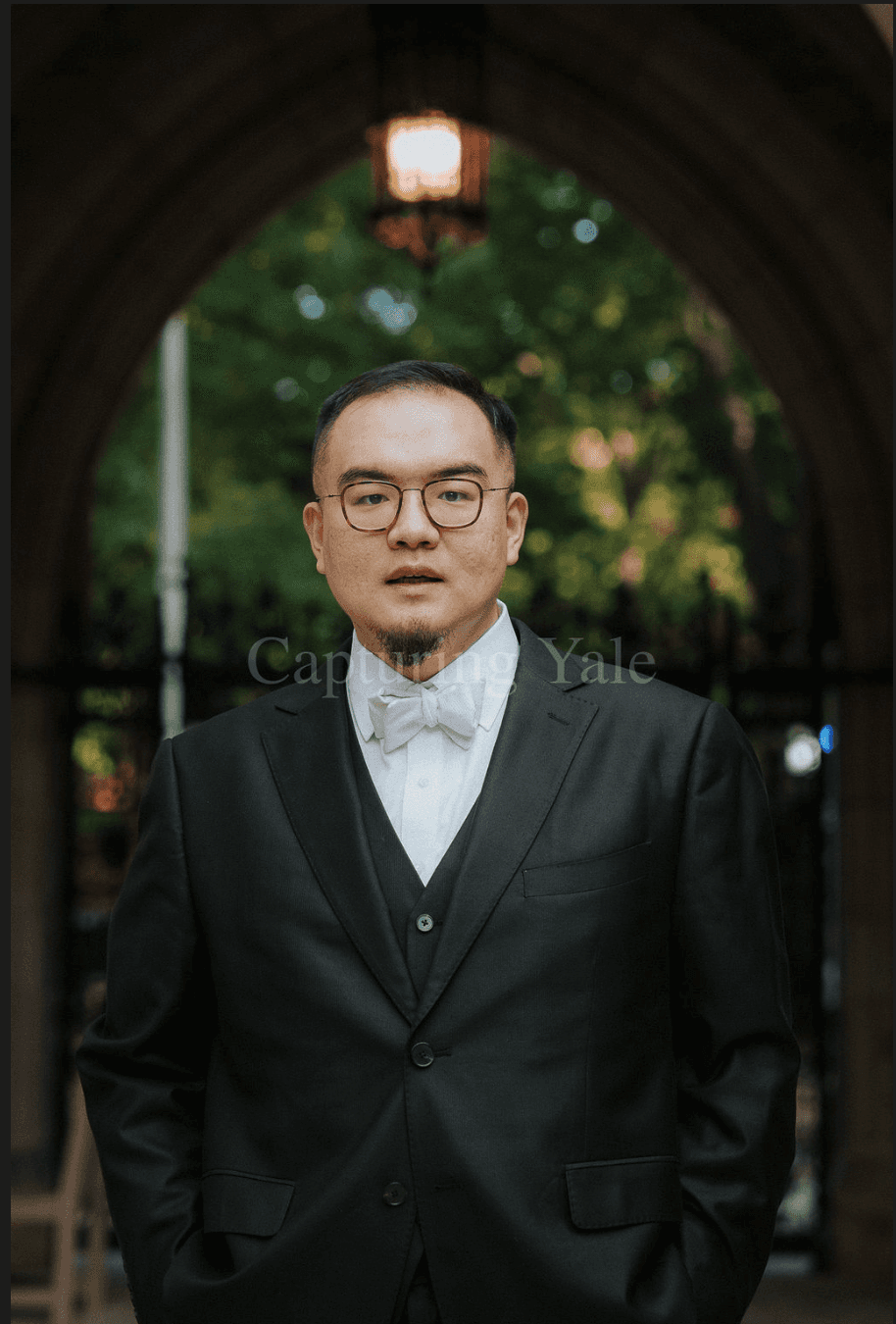


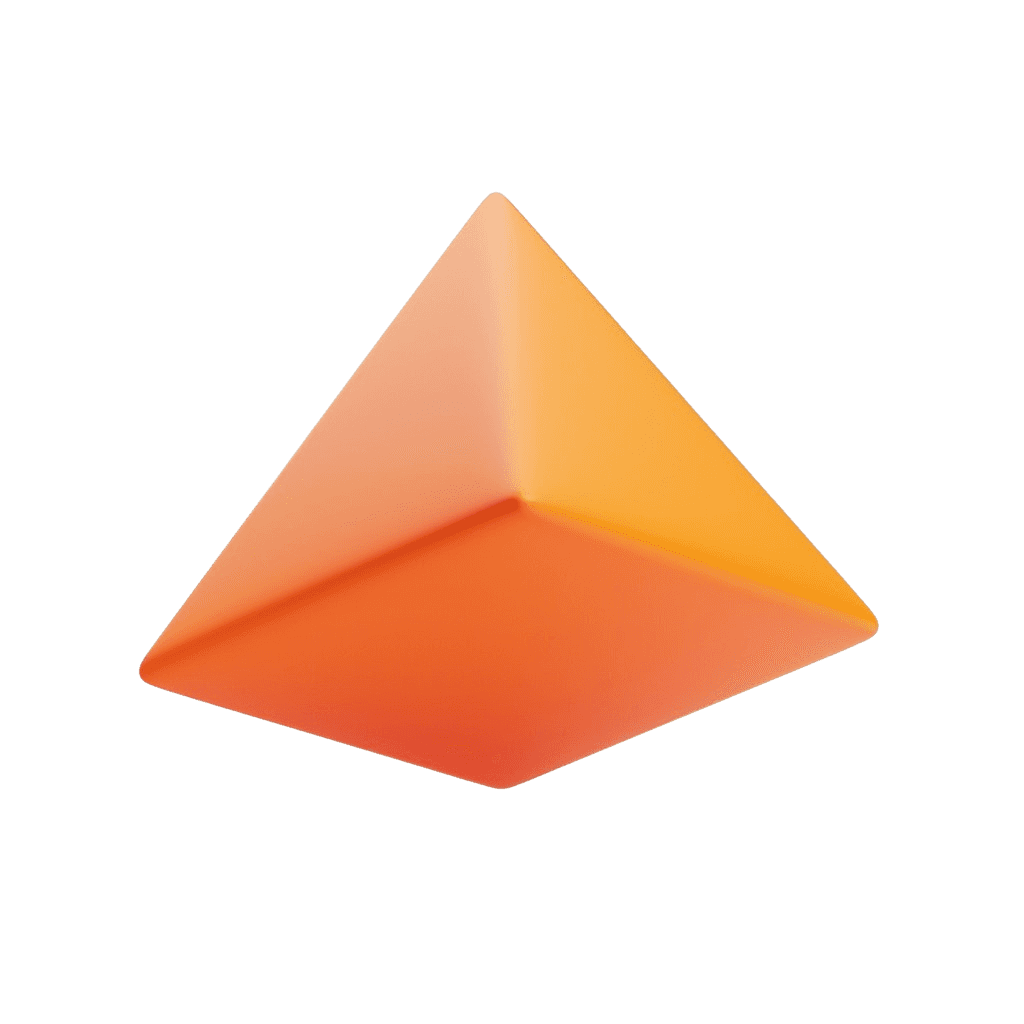


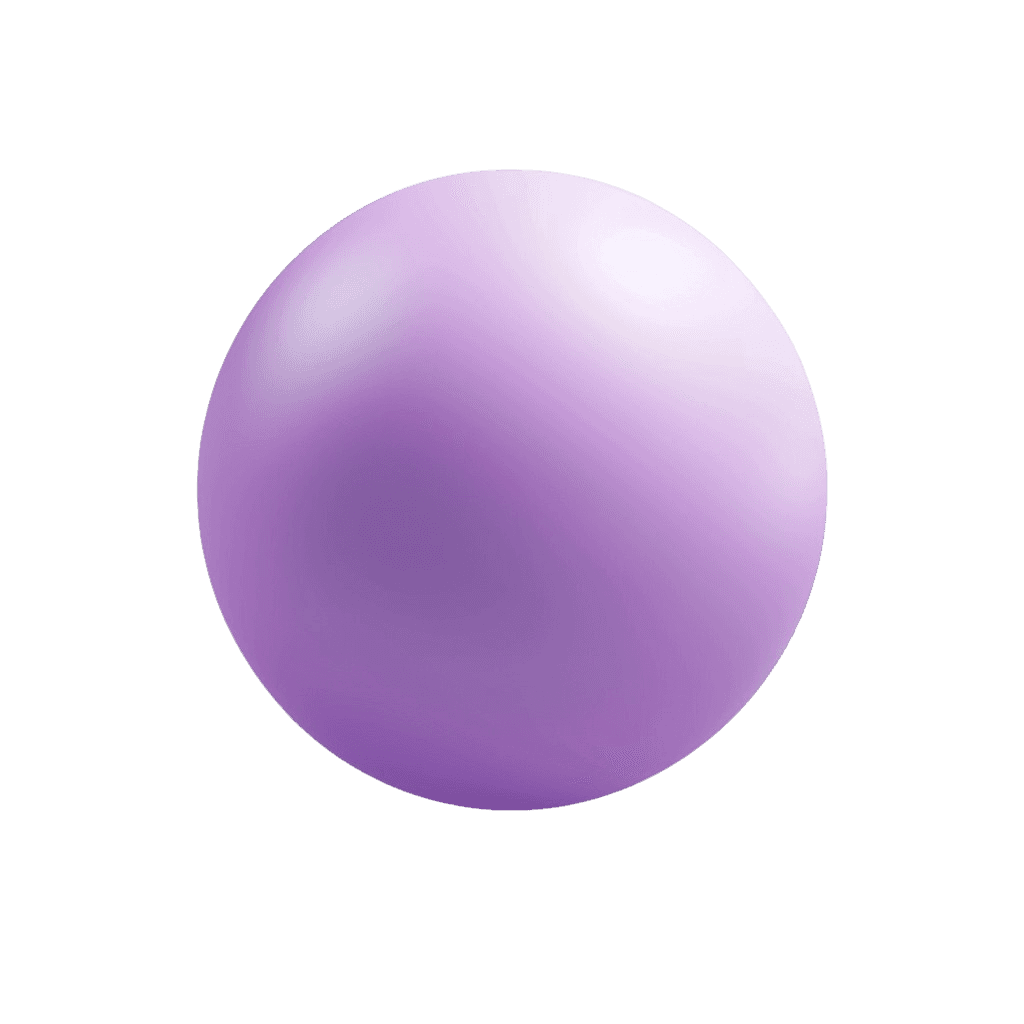


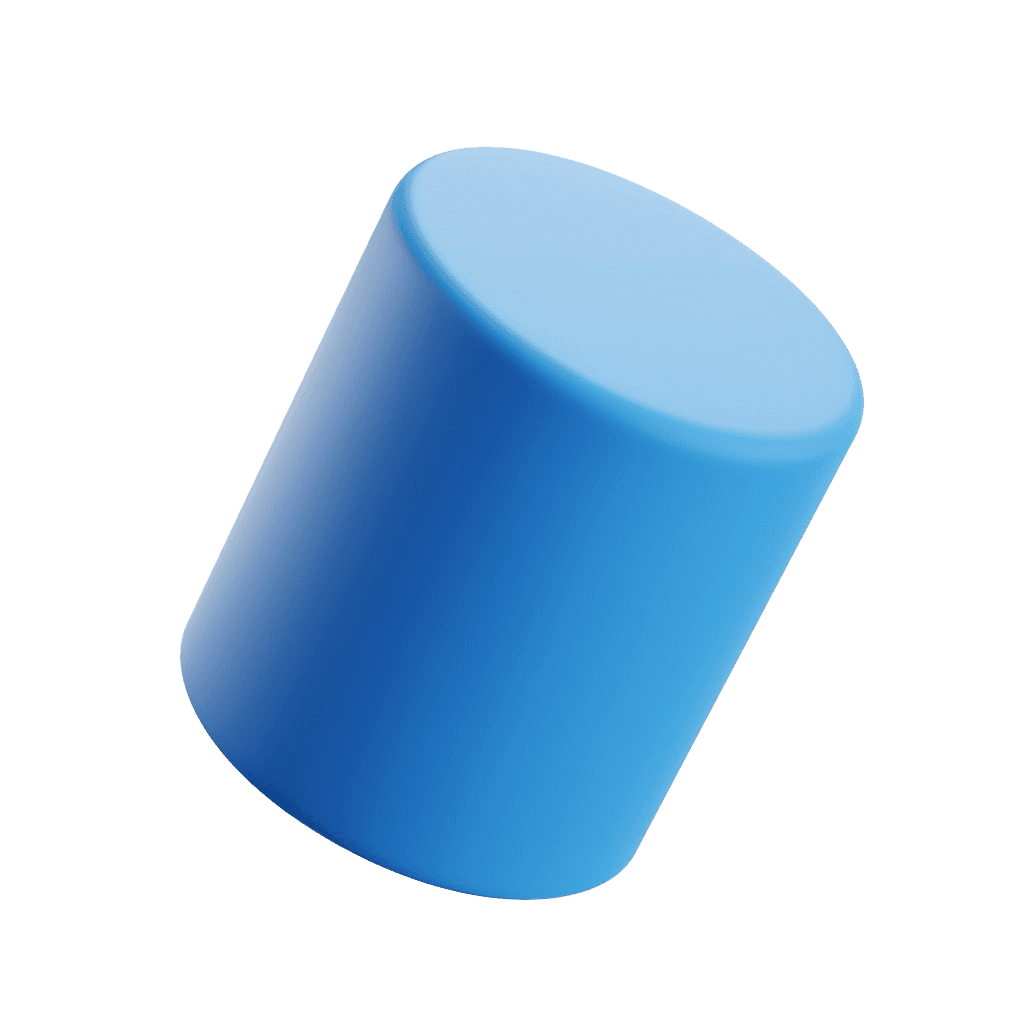


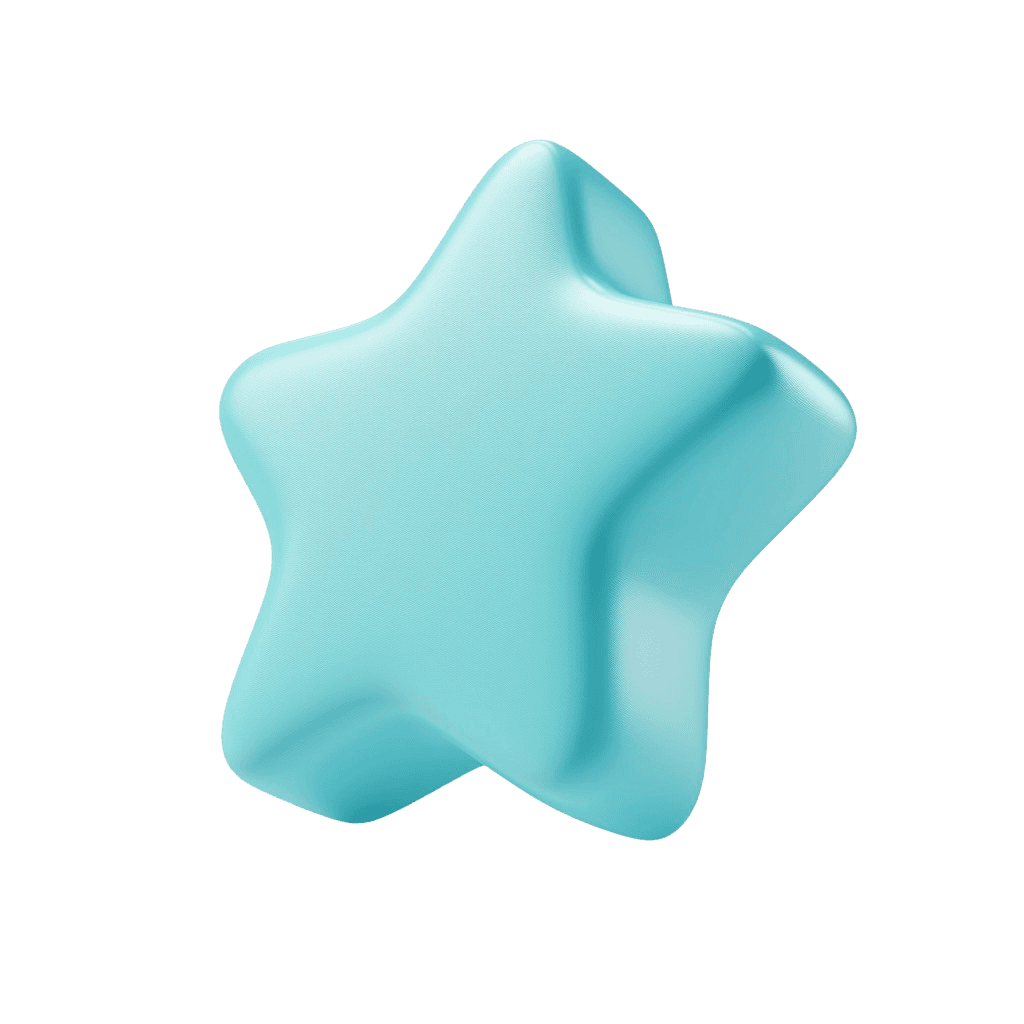


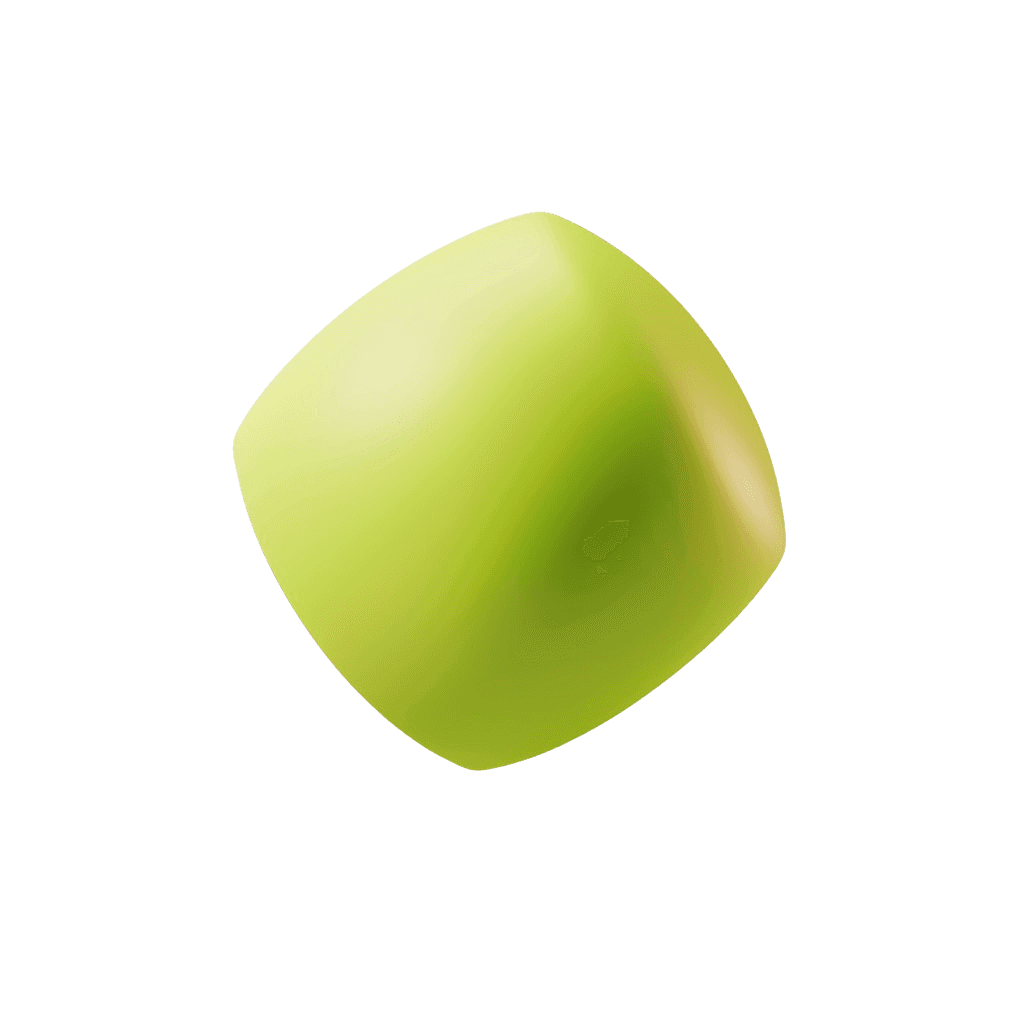


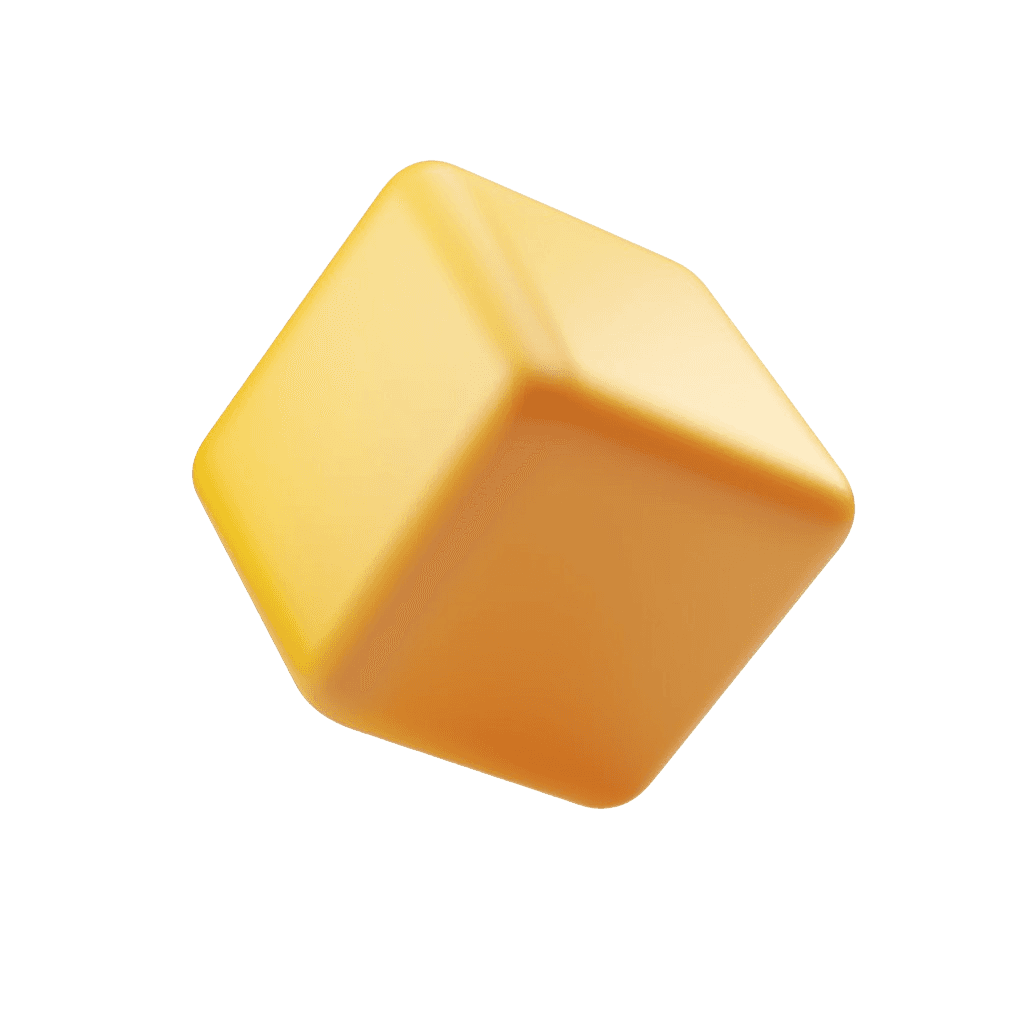


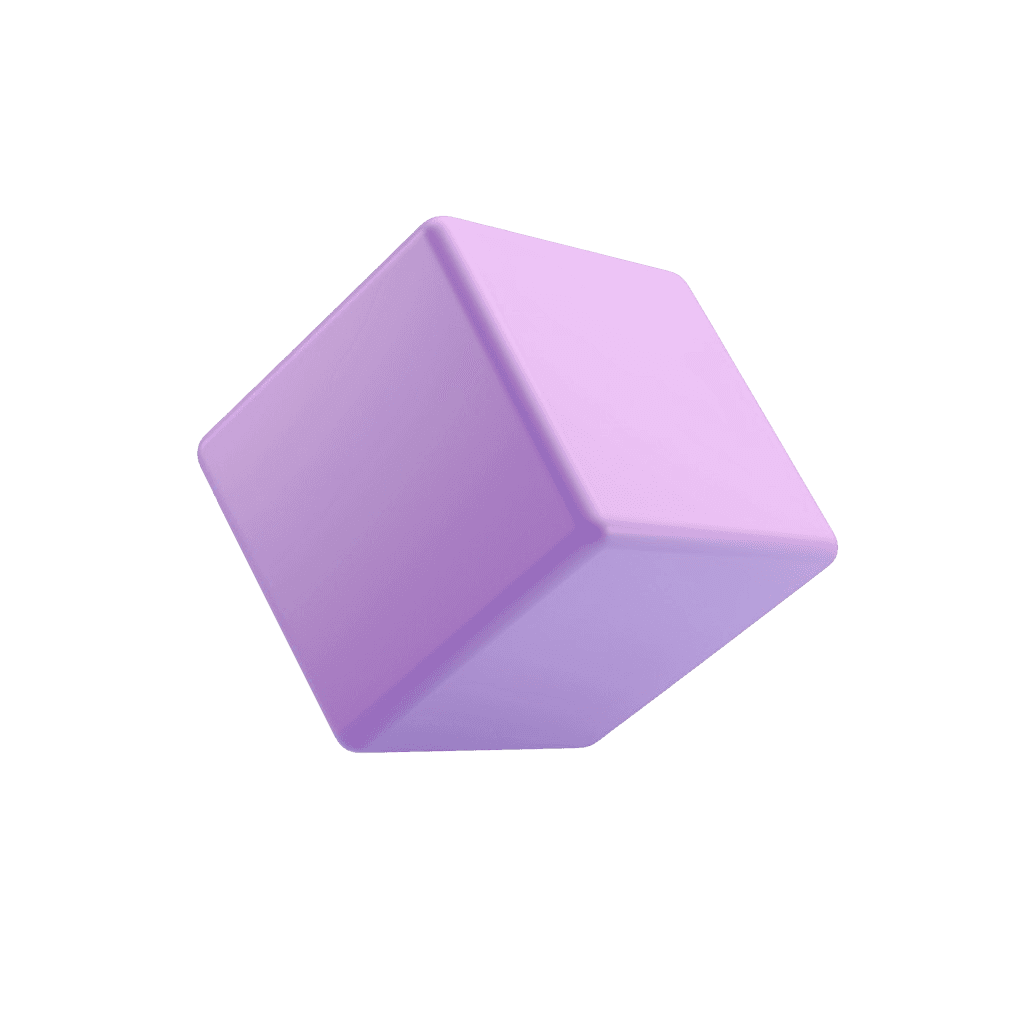


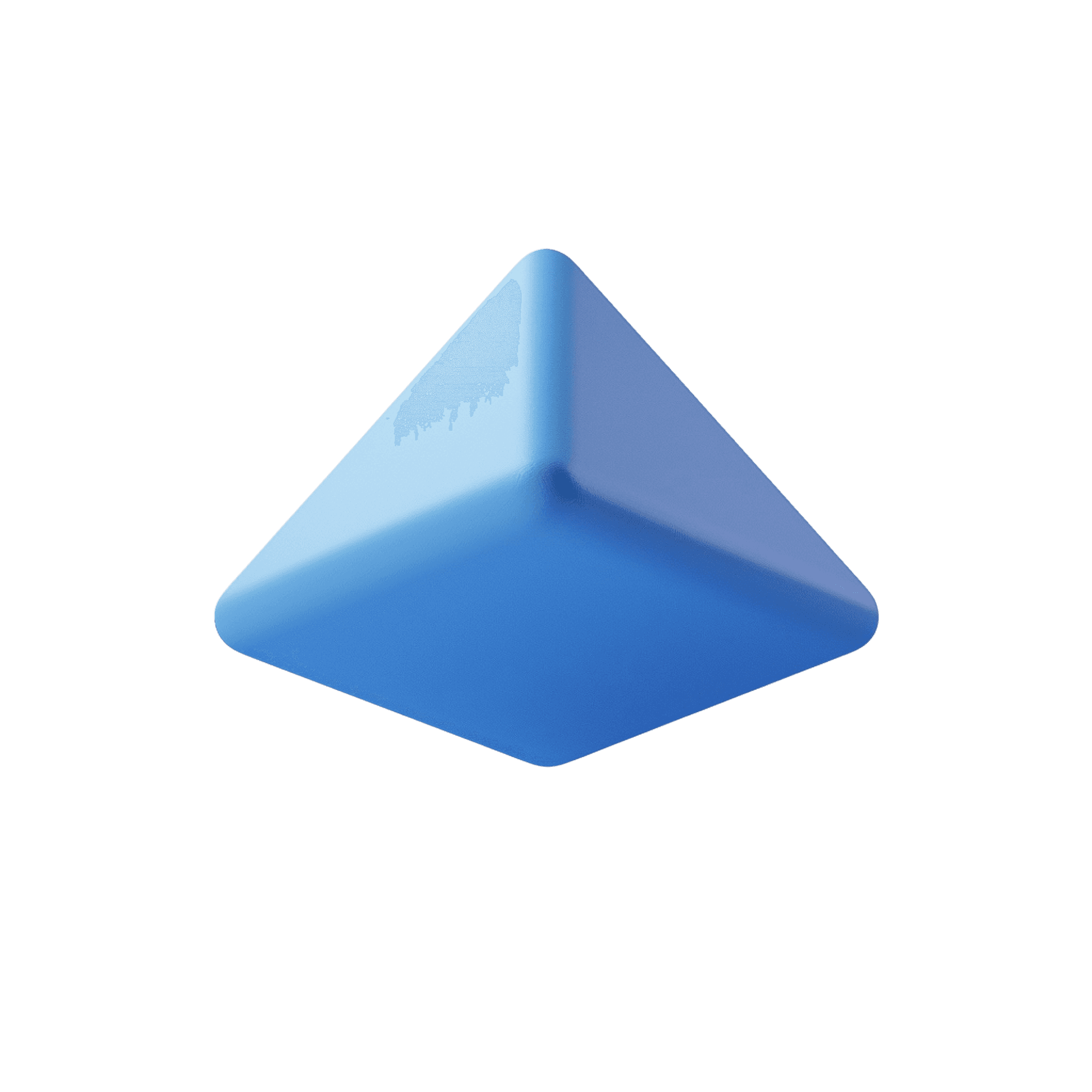


About Me
Greetings! I'm Yuli Wang, and I delve into the intricate world of Philosophy, where every uncertainty opens a door to further inquiry. With a robust foundation in formal epistemology and religious studies, I am dedicated to unraveling the complexities of knowledge and belief.
Greetings! I'm Yuli Wang, and I delve into the intricate world of Philosophy, where every uncertainty opens a door to further inquiry. With a robust foundation in formal epistemology and religious studies, I am dedicated to unraveling the complexities of knowledge and belief.
Greetings! I'm Yuli Wang, and I delve into the intricate world of Philosophy, where every uncertainty opens a door to further inquiry. With a robust foundation in formal epistemology and religious studies, I am dedicated to unraveling the complexities of knowledge and belief.
My philosophical journey began not with a question, but with a series of "what-ifs." What if I had pursued tech entrepreneurship instead of academia? What if I had chosen an area in a subject I knew nothing about? These personal contemplations sparked my interest in the epistemological significance of counterfactual thinking—how hypothetical scenarios can influence our decision-making, mold our beliefs, and shape our knowledge.
My philosophical journey began not with a question, but with a series of "what-ifs." What if I had pursued tech entrepreneurship instead of academia? What if I had chosen an area in a subject I knew nothing about? These personal contemplations sparked my interest in the epistemological significance of counterfactual thinking—how hypothetical scenarios can influence our decision-making, mold our beliefs, and shape our knowledge.
My philosophical journey began not with a question, but with a series of "what-ifs." What if I had pursued tech entrepreneurship instead of academia? What if I had chosen an area in a subject I knew nothing about? These personal contemplations sparked my interest in the epistemological significance of counterfactual thinking—how hypothetical scenarios can influence our decision-making, mold our beliefs, and shape our knowledge.
My specific academic interest lies in exploring the intricate relationship between belief and probability, especially in contexts where traditional religious beliefs are absent or waning. Many individuals, particularly in modern Chinese society, live in what could be described as a vacuum of traditional religious belief. This gap often leads to a reliance on alternative belief systems or a lack of any philosophical grounding. By studying how different philosophical or hypothetical constructs might fill these voids, we can better understand the potential for diverse ideas to foster new forms of societal and individual well-being.
My specific academic interest lies in exploring the intricate relationship between belief and probability, especially in contexts where traditional religious beliefs are absent or waning. Many individuals, particularly in modern Chinese society, live in what could be described as a vacuum of traditional religious belief. This gap often leads to a reliance on alternative belief systems or a lack of any philosophical grounding. By studying how different philosophical or hypothetical constructs might fill these voids, we can better understand the potential for diverse ideas to foster new forms of societal and individual well-being.
My specific academic interest lies in exploring the intricate relationship between belief and probability, especially in contexts where traditional religious beliefs are absent or waning. Many individuals, particularly in modern Chinese society, live in what could be described as a vacuum of traditional religious belief. This gap often leads to a reliance on alternative belief systems or a lack of any philosophical grounding. By studying how different philosophical or hypothetical constructs might fill these voids, we can better understand the potential for diverse ideas to foster new forms of societal and individual well-being.





